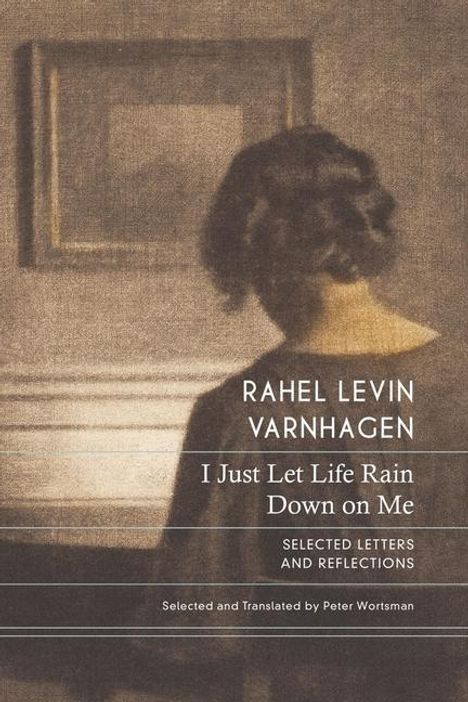Rahel Levin Varnhagen: I Just Let Life Rain Down on Me, Gebunden
I Just Let Life Rain Down on Me
- Selected Letters and Reflections
(soweit verfügbar beim Lieferanten)
- Herausgeber:
- Peter Wortsman
- Übersetzung:
- Peter Wortsman
- Verlag:
- Seagull Books, 06/2024
- Einband:
- Gebunden
- Sprache:
- Englisch
- ISBN-13:
- 9781803093369
- Artikelnummer:
- 11617065
- Umfang:
- 232 Seiten
- Gewicht:
- 513 g
- Maße:
- 229 x 152 mm
- Stärke:
- 30 mm
- Erscheinungstermin:
- 5.6.2024
- Hinweis
-
Achtung: Artikel ist nicht in deutscher Sprache!
Klappentext
A personal look into the mind of one of Europe's first and foremost women of letters. At times poetic but not a poem, prosaic but not an essay, a letter is often pure writing for writing's sake. Such is the case for Rahel Varnhagen von Ense, née Levin, the illustrious German-Jewish Berlin literary salon hostess from the early nineteenth century. She penned over ten thousand letters to more than three hundred recipients, including princes, philosophers, poets, family members, and the family cook. Written with a wink at posterity, collected and first published after her passing by her husband, Karl August Varnhagen von Ense, these letters constitute a singular contribution to German literature. Varied in subject-from family affairs to linguistic, literary, and pressing social concerns-the poignant lyricism of her letters is all the more remarkable when we take into account that High German was not her first language; she grew up speaking, reading, and writing primarily Yiddish. Her shaky social status as a woman and a member of a precarious minority, combined with an astounding lucidity and a rare capacity to put her thoughts into words, made her a force to be reckoned with in her lifetime and thereafter as one of Germany's preeminent women of letters. As we see in I Just Let Life Rain Down on Me, her voice is as fresh and original as that of any of the recognized poets and thinkers of her day. As Rahel herself put it: "[O]ur language is our lived life; I invented mine for my own purposes, I was less able than many others to make use of preconceived turns of phrase, which is why mine are often clumsy, and in all respects faulty, but always true." Compiled and translated by Peter Wortsman, this rewarding volume affords English-speaking readers the first privileged peek at the mindset of one of Europe's first and foremost women of letters.
Biografie (Rahel Levin Varnhagen)
Rahel Varnhagen, geboren 1771 als ältestes Kind des jüdischen Kaufmanns und Bankers Markus Levin, unterhielt einen der wichtigsten Salons und bildete ein geistiges Zentrum Berlins. Sie ließ sich 1814 protestantisch taufen und heiratete Karl August Varnhagen von Ense. Sie wohnte dem Wiener Kongress bei, zog 1816 nach Karlsruhe und 1819 wieder zurück nach Berlin. Sie starb hoch verehrt 1833.

